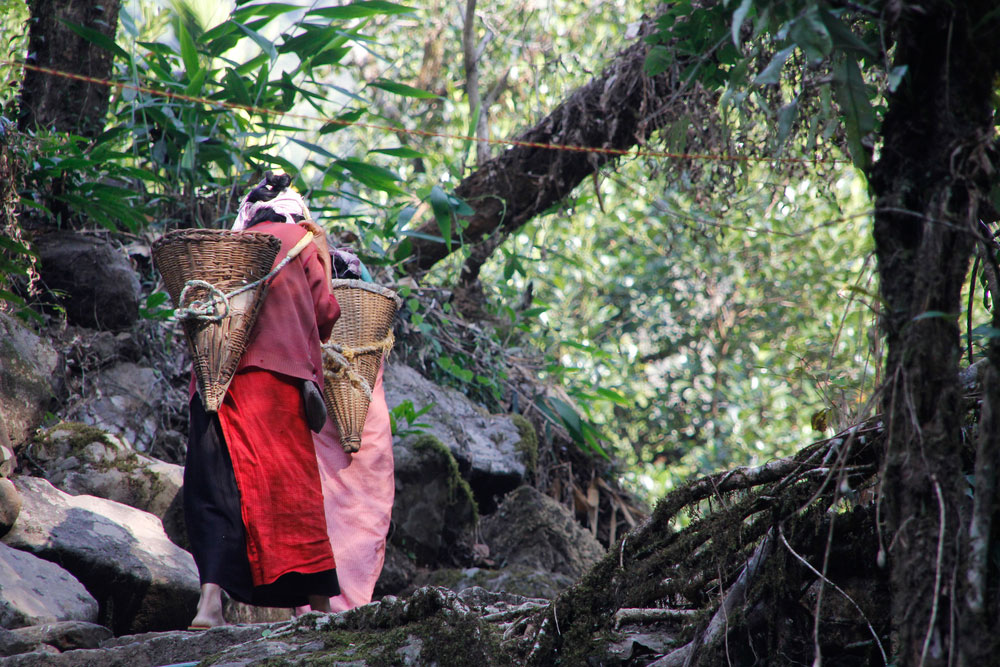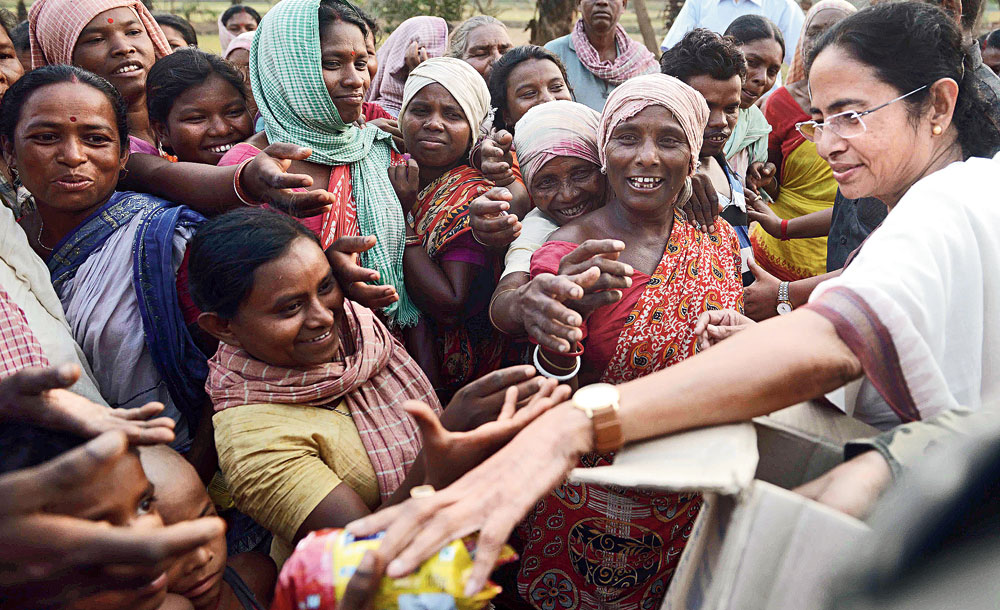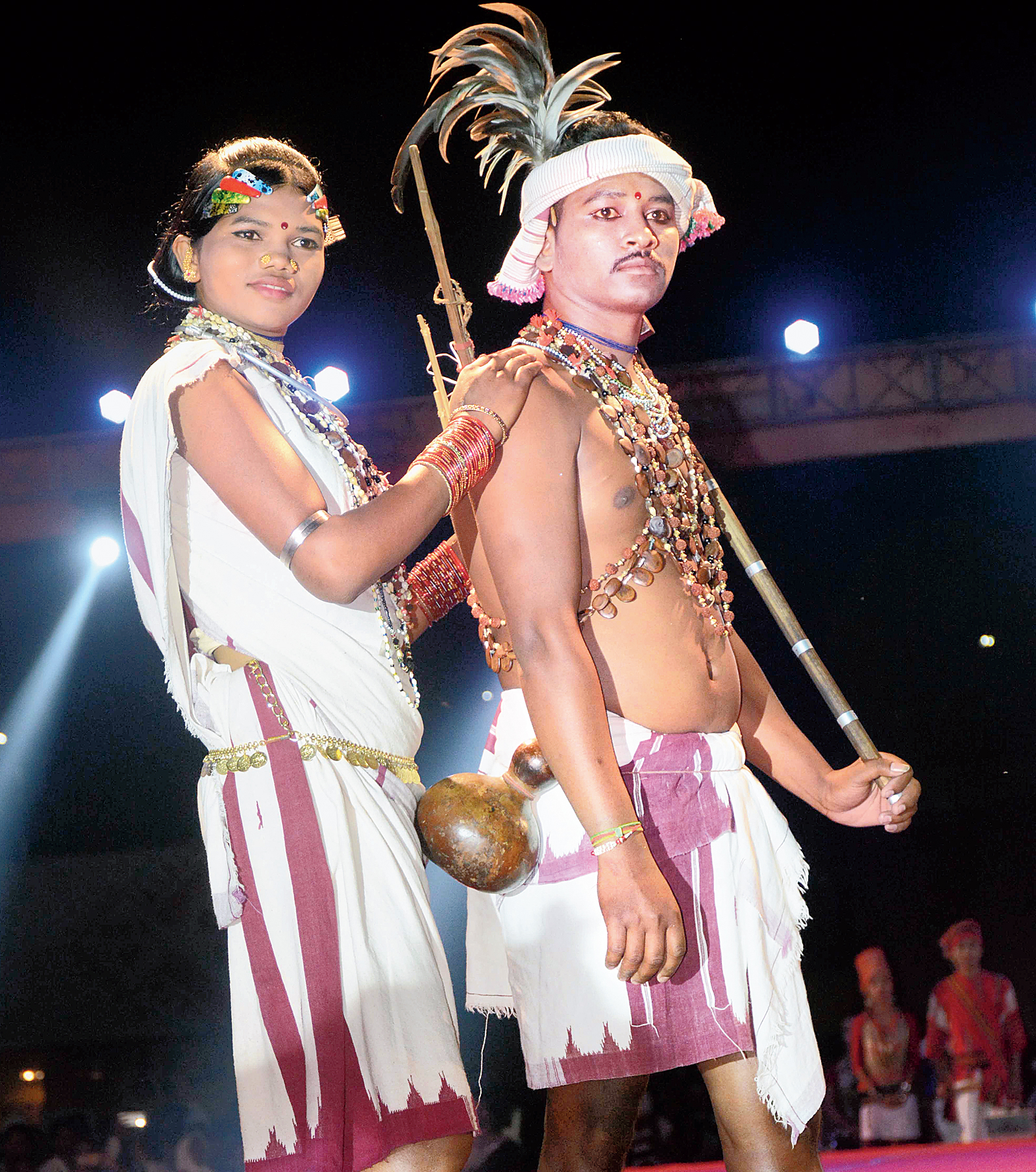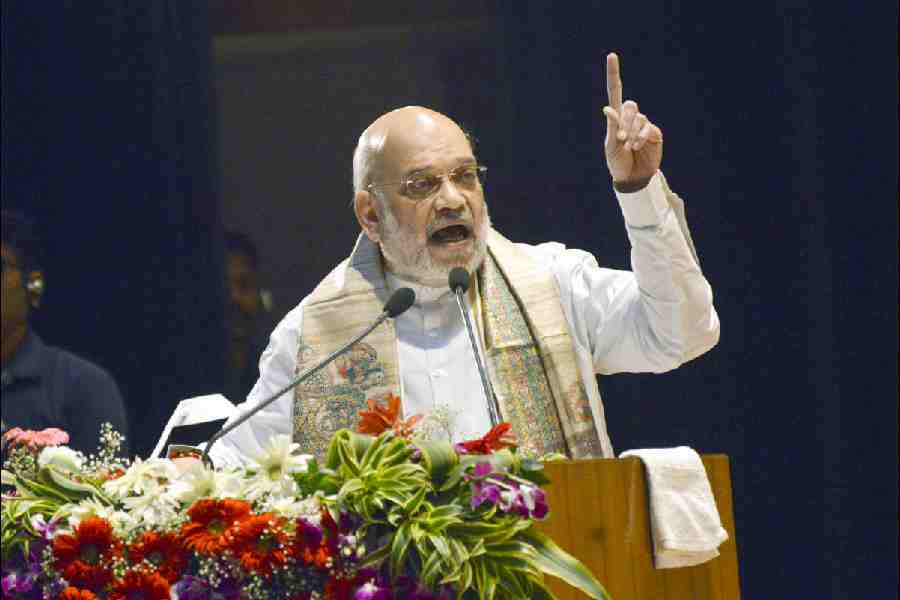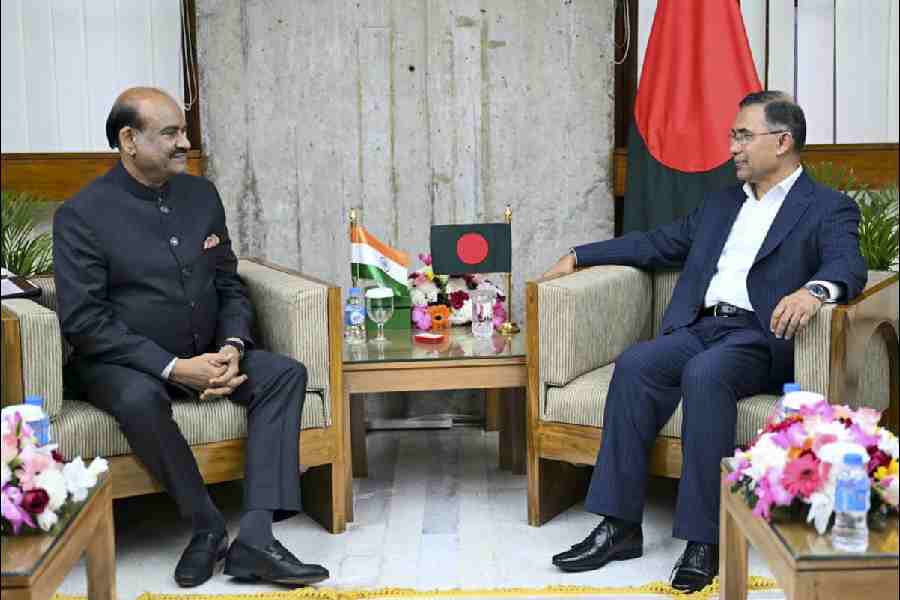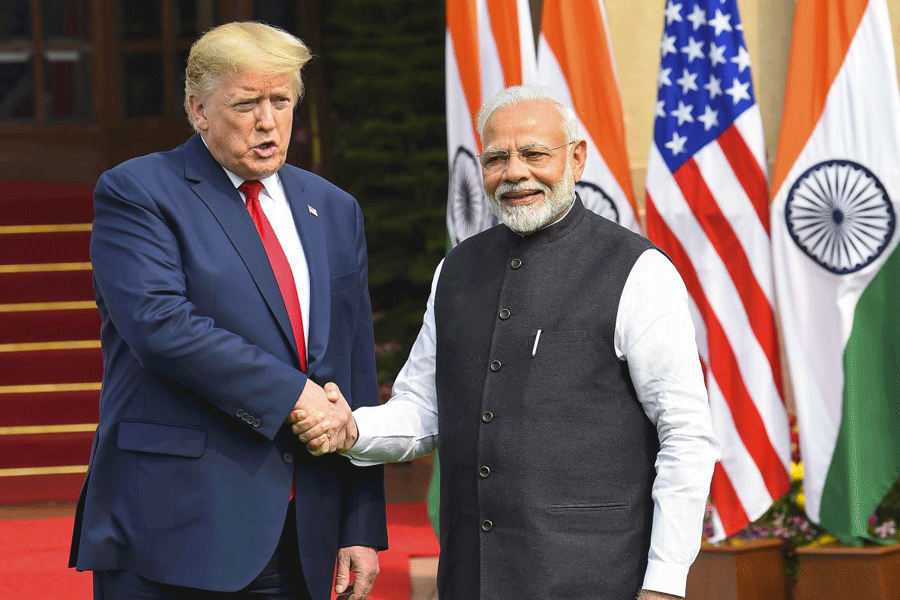It is rather ironic, if not bizarre, that after 72 years of Independence, there is now a growing number of communities desiring to be classed as scheduled tribes. This phenomenon is particularly strong in the Northeast. Many of the states in the region have significant ST populations already, but in states where some ethnic communities were excluded from the ST list, largely on account of the Hindu faith they embraced, there is a growing sense that they have been put at a disadvantage.
There are probably many reasons behind this current spurt in the wish for marginality. One of these would be the fear of small ethnicities that they would be pushed to the margins of political power as well as on landholdings in their traditional home grounds by the inflow of settlers, therefore needing protection. The tension, however, is also internal. Here the contest is for the benefits of government job reservation. All that is asked for is to be classified as STs and not the reversion to a tribal identity in the anthropological sense of the term.
In Manipur, sections of the Meiteis, a proud people known for their rich art and culture, theatre and cinema, are demanding it. In Assam, the prime minister, Narendra Modi, has given the assurance that a proposal by the Assam government for the inclusion of six communities — Koch-Rajbongshi, Tai-Ahom, Chutia, Moran, Muttock and the adivasi tea-tribes — in the ST list will be taken into consideration. There has been opposition to these demands from those already in the ST list. The reason for this too is obvious: nobody wants new competitors on turfs they consider as theirs exclusively.
There obviously is something wrong in this new race for classification as ‘primitive’. But the fault also lies with the system. If it is agreed that a society is a living organism given to learning, evolving and organizing itself into progressively sophisticated economies, cultures and polities, then all societies would have been tribal at an early stage. Somewhere down the line, encouraged by the incentive structuring in India, this evolutionary process has been deemed frozen to suit certain entrenched interests. Hence, regardless of the economic and social progresses catalyzed by positive discrimination bestowed upon individual tribal persons and generations of their progeny, the detribalization process — it should have been a natural phenomenon — is no longer deemed relevant. With it, deprivation has ceased to be treated as an actionable social or economic issue. Instead, it is now interpreted as an entitlement.
How has a third or fourth generation tribal person, who is no longer compelled to eke out a living from slash-and-burn agriculture or go hunting and foraging from the forests for additional nutritional needs, whose associations and fraternal bondages now extend beyond the spheres of clans and tribes, who are no longer engaged in hostilities with neighbouring clans and tribes but make thousands of friends on social media, who are members of some of the most prestigious and exclusive clubs in the cities, who live in swanky flats in the country’s metropolises and attend the best educational institutions, who have long left behind the barter system as a mode of commerce and are instead more at home with credit cards and internet banking, come to be claimants of ST status? It was only a matter of time before those outside the ST list began to demand similar benefits .
This reality has also put those opposed to claiming ST status in a tricky situation. Although they see no merit in regressing to a primitive past, given the situation, they are at a loss to rationally oppose the demand. The fact is that to be a scheduled tribe and being tribal are no longer the same thing. The first is a constitutional privilege while the second is an anthropological reality. Today, the distance between the two has become stark, making the incongruence and perceived unfairness acute in the eyes of those outside the category.
The answer probably is not in tribalizing more as an attempt at equity, but detribalizing those who have stepped out of the tribal world. The distinction between ST and tribal should be taken cognizance of officially. This is to say that the creamy layer of those who call themselves tribal can and should remain as tribal culturally if they so wish but not as STs.
This will have a double benefit. First, it would assuage the growing sense of injustice amongst those not in the ST list. Second, it would leave the benefits guaranteed for STs for those truly deprived among the tribal communities, helping them to ultimately rise to the creamy layer.

